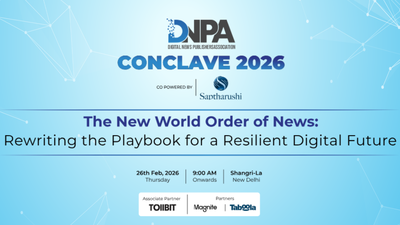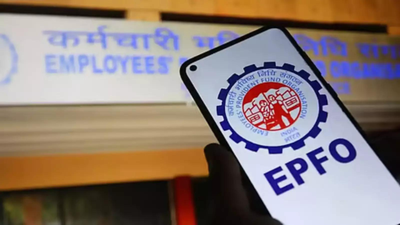Meet Charlie Javice: Woman who scammed JP Morgan for $175M — but the bank is paying her $142M legal bills | Business

Charlie Javice’s story sounds almost too bizarre to be real: a young fintech founder who tricked JPMorgan into buying her startup for $175 million, ended up convicted of fraud, and is now serving a prison sentence, yet the same company she scammed is still paying more than $142 million for her legal bills, including questionable expenses like luxury hotel upgrades and “cellulite butter.”
How a startup deal turned into a massive fraud
Javice founded Frank, a platform advertised as helping students navigate financial aid. When JPMorgan considered acquiring the startup in 2021, she reportedly presented the bank with millions of supposed student user accounts. Prosecutors later revealed that these numbers had been fabricated, with Javice allegedly hiring a data scientist to generate fake profiles to inflate Frank’s value.JPMorgan completed the acquisition believing Frank had more than four million users, only to discover after the deal that the platform had a tiny fraction of that. The bank alerted authorities, and by 2023 Javice was arrested on federal fraud charges.
A conviction that didn’t stop the bills
In March 2025, Javice was convicted of multiple fraud counts and sentenced to more than seven years in prison. But here’s where the story takes an unusual twist: despite defrauding the bank, she is still allowed to bill JPMorgan for her legal defence because of an indemnification clause included in the acquisition agreement.This contractual protection, which is common in startup buyouts, requires JPMorgan to cover certain legal costs for former executives of Frank. As a result, the bank has already paid over $142 million in defence expenses for Javice and her former colleague Olivier Amar.The clause itself is a standard feature in mergers, designed to protect executives from being financially ruined by lawsuits connected to their time at the company. In normal situations, it is meant to ensure fairness and prevent frivolous legal targeting after an acquisition. But in this case, it has trapped JPMorgan in a bizarre obligation: they must keep funding the defence of someone who defrauded them. Had the bank conducted even a simple, early-stage verification of Frank’s user data—such as requesting direct access to the platform’s actual customer records or running a basic audit—this entire dispute could have been avoided. Instead, delayed due diligence and overconfidence in the startup’s claims set the stage for a costly legal mess that continues years after the fraud was uncovered.
The controversial expenses
JPMorgan’s frustration has grown as the legal bills have ballooned. The bank claims the expenses submitted include personal items such as cellulite butter, first-class travel upgrades, and hotel luxuries. Its lawyers argue that the billing records contain “extreme abuses,” including claims for work hours that seem physically impossible.Javice’s spokesperson denies that she personally submitted these questionable charges, stating that her legal team is responsible for all billing decisions.
Why JPMorgan cannot simply stop paying
Even though Javice has already been convicted, she is now appealing her case, and the indemnification clause means the bank must continue paying her legal fees unless a court orders otherwise. JPMorgan is currently trying to convince a Delaware judge to halt these payments, arguing that the system is being misused.The saga has become a major lesson in the risks of fast-paced startup acquisitions. JPMorgan’s failure to properly verify Frank’s user base before buying the company has left it entangled in one of the most embarrassing and expensive due diligence failures in recent corporate history.






